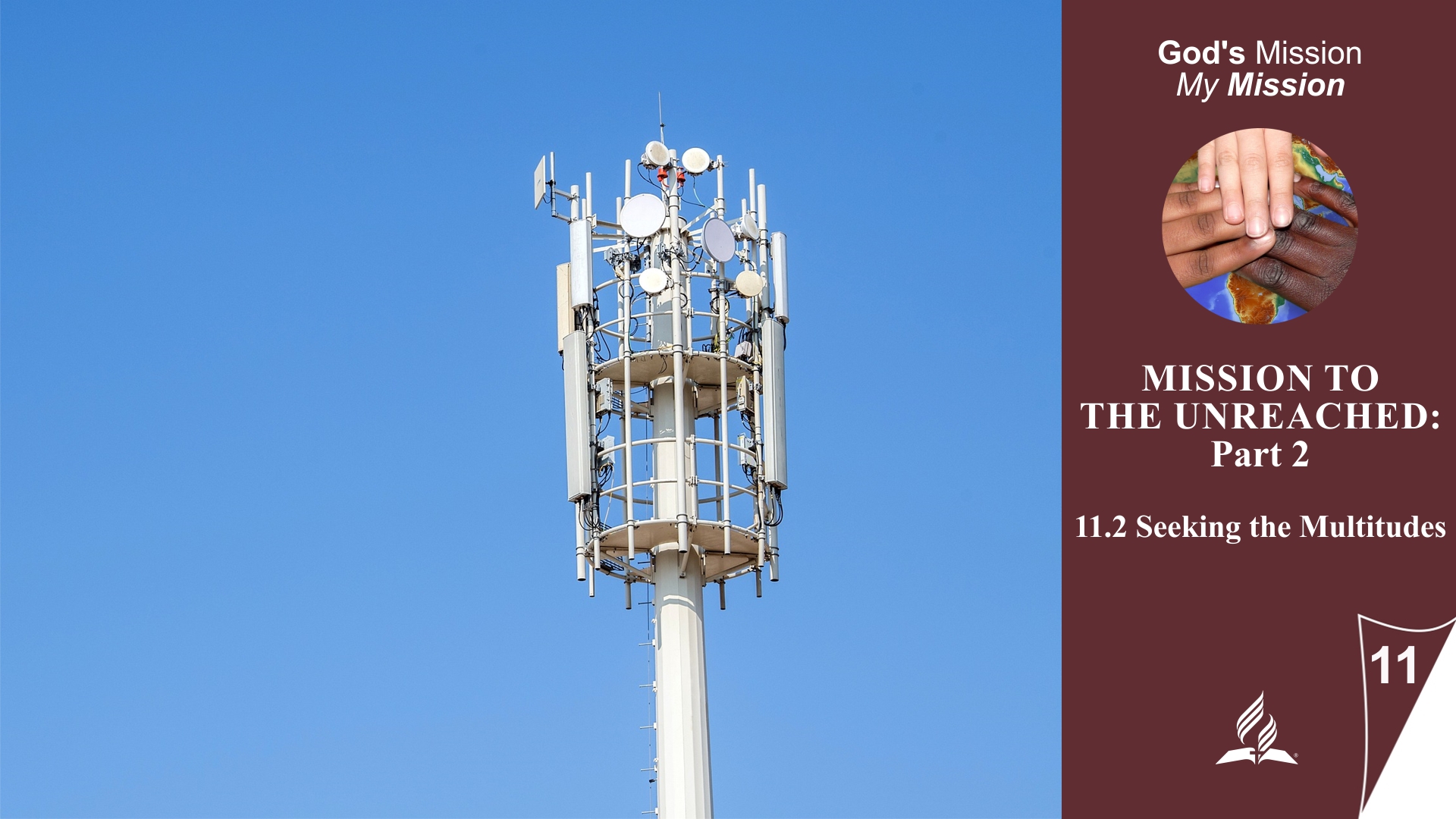

The mission among the crowds, as described in Matthew 9:35–38, reveals Jesus’ compassionate attitude toward the “faceless masses” in the cities. Jesus had deep compassion for the crowds, even leading him to weep over Jerusalem in Luke 19:41. This highlights Jesus’ extraordinary love for all people, even those in the bustling and often anonymous environments of the cities.
The call to prayer in Matthew 9:38 indicates that our motives and hearts should align with those of Jesus when engaging in urban mission. This underscores the importance of a deep spiritual connection to reflect Christ’s love and compassion for the masses in the cities.
Matthew 4:23–25 reveals the geographic diversity of people that Jesus attracted to his ministry. They came from various regions, including Galilee, Decapolis, Jerusalem, and Judea. Jesus’ intentional journey to the region of Tyre and Sidon, as mentioned in Matthew 4:25, emphasizes the cross-cultural nature of his mission travels. By looking at the cities of Tyre and Sidon on the coast of Phoenicia, Jesus opened up the possibility of mission in culturally diverse and pagan areas to his disciples.
The account of Jesus leaving the city of Capernaum and going into the hilly land bordering Phoenicia vividly portrays Jesus’ deliberate decision to face the challenges and opportunities of urban mission. His journey to this region was more than geographically motivated – it was a conscious engagement with the cultural diversity and spiritual needs of people in the cities. This serves as an encouraging example of how we can actively participate in urban mission today by sharing Jesus’ love and compassion for the masses in the cities.
How can we help people recognize the emptiness of “their magnificent palaces” and “great markets” in and of themselves and why they need Jesus?
The challenge of helping people who consider the apparent splendor and wealth of their circumstances as the essential elements of life is a crucial aspect of evangelism. Here are some approaches to help people recognize the emptiness of material prosperity without Jesus:
-
Share Testimony: Share how your life has been enriched through your relationship with Jesus Christ. Emphasize how this relationship has brought deeper meaning and purpose to your life beyond material possessions.
-
Biblical Perspective: Use biblical stories and teachings to emphasize the transience of worldly riches. Examples like the rich fool in the story of the “Rich Fool” (Luke 12:16–21) can illustrate that true fulfillment is not achieved through material possession alone.
-
Emphasize Community: Highlight that true joy and fulfillment are often found through interpersonal relationships and community. Jesus emphasized the importance of love, compassion, and caring for one another.
-
Highlight the Common Good: Point out that the pursuit of personal wealth does not necessarily lead to a fulfilled life. Engaging in charitable activities and helping others can bring a deeper sense of purpose and satisfaction.
-
Emphasize God’s Love: Emphasize God’s unconditional love and how this love offers a deeper, lasting fulfillment than material goods. Show that true fulfillment lies in the relationship with God.
-
Explore the Meaning of Life: Invite people to explore the meaning of life together. Discuss philosophical questions and emphasize how faith in Jesus Christ can provide answers to existential questions.
-
Respect the Search for Meaning: Respect each individual’s search for meaning and purpose. Ensure that conversations are conducted with empathy and without judgment.
-
Prayer: Pray for people, asking God to open their hearts to recognize the emptiness of material prosperity without a relationship with Jesus.
Through these approaches, people can be encouraged to look beyond the superficial splendor of material wealth and discover the deeper meaning and fulfillment found in a relationship with Jesus Christ.
(Visited 24 times, 1 visits today)




















